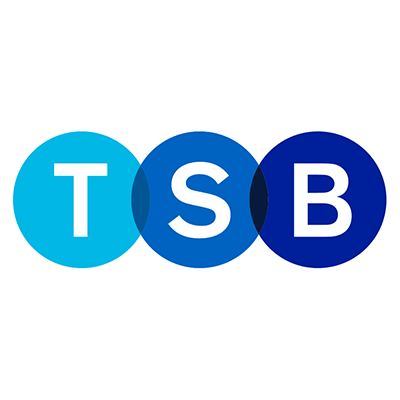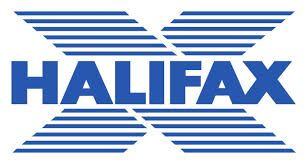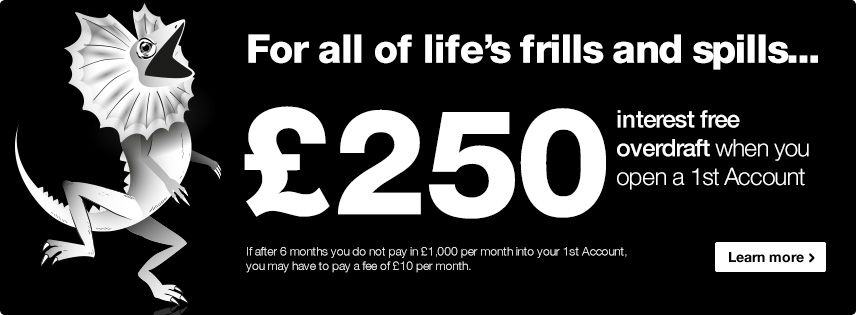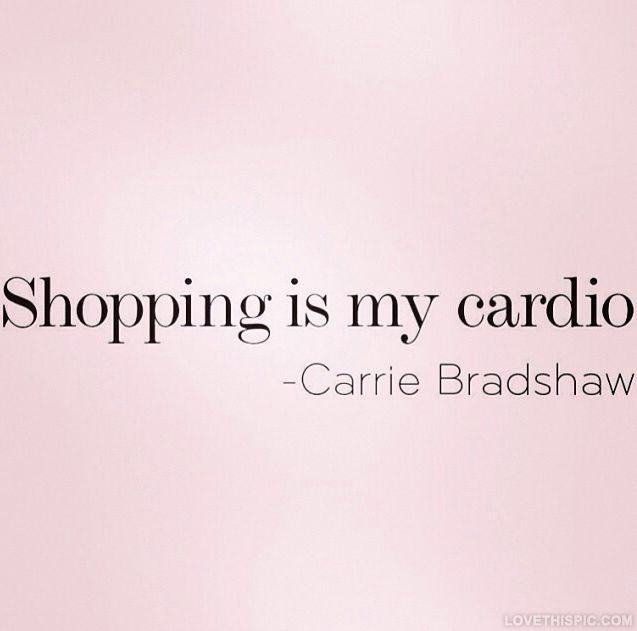See our comparison of the UK’s best current accounts – including overdrafts, savings and ISAs
By Helly Barrett (follow Helly on Twitter @helly_barret)
Current accounts, savings accounts, overdrafts, credit cards, stocks, shares, bonds, ISAs… The world of banking and finance can be pretty damn complicated. With so many options out there, it’s hard to even know where to start when it comes to putting your money in the best place possible. Luckily for you, we’ve sourced the best current accounts, overdrafts, saving accounts and ISAs that can help you make the most of your money. We’ve also gone back to basics to explain some key financial terms.
So, whether you’re flat broke in London or just trying to improve your overall finance management – read on to discover where the hot spots are for your all-important money.
Current Accounts:
Let’s get back to basics. Typically your current account is the bank account into which your salary is paid and the account everything is withdrawn from – from rent to food and cash and cocktails. You’ll want a current account that is secure, safe and easily accessible, however above all you’ll want one that makes your money work.
At the moment here in the UK the Bank of England’s base interest rate is just 0.5%. That means for every £1,000 you put away you’ll receive just £5 worth of interest a year – if that, as you’re also taxed on interest earnings! There are however some banks that are offering more than this and we’ve sourced the best current accounts below just for you
Best Bank Accounts for interest rates:
Santander’s 123 account
PROS: Santander’s current account offers 1% AER (Annual Equivalent Rate) on deposits over £1,000, 2% on £2,000 and 3% on £3,000-£20,000. This means that for £5,000 worth of savings a year, you could be earning £150 extra annually. You’ll also earn cashback up to 3% on direct debits paid from the account. Pay £25 for a phone contract and you could receive 75p a month….depressingly that’s one of the best rates you’re going to get!
CONS: Just to offset that 75p bonus, it’s not a free current account. You will have to pay £2 a month for the account, deposit a minimum of £500 and must have at least two commercial direct debits – think rent, your mobile phone or a gym membership.
For our graduate and student readers – Santander also offer the same 123 account for students and graduates. Graduates can earn 3% on balances from £300 and have an interest-free overdraft up to £2,000.
TSB Current account
PROS: The free TSB current account offers 5% AER for deposits worth £2,000, that means at £2,000 you’ll be earning £100 a year in interest – more than in the Santander account but only on lower values.
CONS: You’ll have to deposit a minimum of £500 and after £2,000 TSB don’t offer any interest. You’ll also have to sign up to online banking.
Best bank account switching offers:
With today’s interest rates offering so little, and many banks offering nothing but new customer benefits, there is an argument that instead of hunting for the best interest rates you should be hunting for the best reward when switching current accounts.
In an attempt to incentivize new customers to switch, some banks are offering cash rewards when you switch your current account to them and this cash can sometimes amount to more than a year’s interest! Below is the bank that offer the best switching rewards:
The Halifax Reward Current Account
PROS: Switching cash rewards are tax-free and Halifax offer £125 – more than you’d earn in a year from TSB. They also offer £5 a month providing you’re not overdrawn – amounting to £60 extra each year.
CONS: Good for those with no initial savings but Santander and TSB’s interest rates will give you more than £60 a year once you get depositing properly. You need to pay £750 a month to qualify.
Current account tip: For those of you with smaller savings and who are incredibly proactive you should look at switching current accounts in return for cash on an annual basis. If however you can’t see yourself switching your bank account regularly or have over £3,000 savings look for interest rates
Overdrafts:
An overdraft refers to the amount your bank will let you withdraw past £0 of your own money within your current account. In essence, it’s how much extra you can borrow from your bank.
Tip: Clearly, overdraft arrangements are linked to specific current accounts so don’t forget to factor in monthly deposits and interest rates as well as overdraft fees when choosing a current account.
Unless you’re a student or graduate, to whom most banks offer an interest-free overdraft, the key thing to remember if you go overdrawn is it’s going to cost you in the form of chargeable interest. We could advise you to simply never go overdrawn, but we know that by living in one of the most expensive cities in the world; realistically spending that little bit more is going to be inevitable.
So, if you’re regularly in the red or becoming well acquainted with that minus sign, see our recommendations below about which current accounts over the best overdraft arrangements.
First Direct
PROS: First Direct’s current account allows you to go an incredible £250 overdrawn without being charged anything!
CONS: After that first £250 it’s 15.9% on every further £1 you go overdrawn – up until £500 where your bank will simply cut you off – a blessing in disguise perhaps for some of you big spenders?
Nationwide
PROS: Nationwide’s current account allows you to use your arranged overdraft interest free for the first 3 months – perfect for those of you struggling to budget in your first few months of independence.
CONS: After those first 3 months its 18.9% per £1 you’re overdrawn!
Saving Account and ISAs:
On top of your current account that you use on a day-to-day basis, you may want to open a separate savings account to help control your money further and put aside money automatically for the future.
In contrast to your current account, you’ll want your savings account to make withdrawals difficult and one that offers exceptionally high interest rates so you really can save as much as possible. There are three possible ways to save your money today and your choice will depend on your self-control, how likely it is you’ll need to withdraw your savings, why you’re saving and the amount you can deposit.
Unfortunately at the moment, the top AER for a savings account is just 1.4%. So, you can actually earn more by keeping your savings within a high-interest current account. However, if after reading this you’re still thinking I do not have the self-control to save without a separate savings account, keep reading.
Open a separate savings account:
Although the outlook for most savings accounts is pretty bleak right now, there are one or two that offer high interest rates, alongside small deposits and restricted withdrawals. To deposit into a savings account you are usually required to set up a standing order: a regular, automatic and fixed payment to another account.
First Direct’s Regular Savers account
PROS: First Direct’s Regular Savers account offers 6% AER and monthly deposits can be as low as £25. They are normally only valid for a year so if you change your mind your money will be free to move around fairly soon.
CONS: You cannot miss a monthly deposit. If you think you may be too overdrawn to deposit money into a savings account per a standing order do not open one. You cannot withdraw before the first year is up – if you do you’ll only receive 0.5% interest! You must also hold a First Direct current account to open a savings account.
Open a cash ISA:
An ISA refers to an Individual Savings Account. This is a much longer term saving strategy. For those of you who are seriously looking to save for a house or a car or anything major over the next few years, this may be the saving option for you.
The key benefit behind an ISA is that any money deposited within the ISA is deemed tax-free, unlike in your current or savings account. Usually ISAs operate on a fixed-term basis which means any money you deposit cannot be withdrawn without penalty over a specified period, however interest is cumulative each year!
Coventry Building Society’s Fixed Cash ISA
PROS: Coventry Building Society’s Fixed Cash ISA offers 2.5% if you keep your money in there for 4 years and is tax-free. If you do choose to close it early it offers one of the lowest penalties, still offering 1.51% interest if you close after the first year (compare this to First Direct’s saving account offering 0.5% if you withdraw early!). You can also pay in as little as £1…
CONS: You must pay in a lump sum on the opening of the ISA. Withdrawing the cash is quite difficult, partial withdrawal is not permitted and you’re penalized if you do so early.
Tip: For those of you still finding your feet with your savings, we’d advise keeping your money in your current account in case of an over spending emergency. For those of you with a little less self-control and more to save, a savings account or ISA could be perfect!
See more ISA recommendations here.
Hopefully this article has helped you understand the basics behind some of the key financial products out there, including the best current and savings accounts! It might all seem incredibly daunting at first, but, with a little time, effort, research (and maybe a call to Mum and Dad), you should get the hang of it in no time!
We used Moneysavingexpert.com to help write this article – visit the site to understand all the financial products and markets out there in plain, clear cut English.
—
For more ways to manage your money effectively, check out our post on How to save money on your household bills












